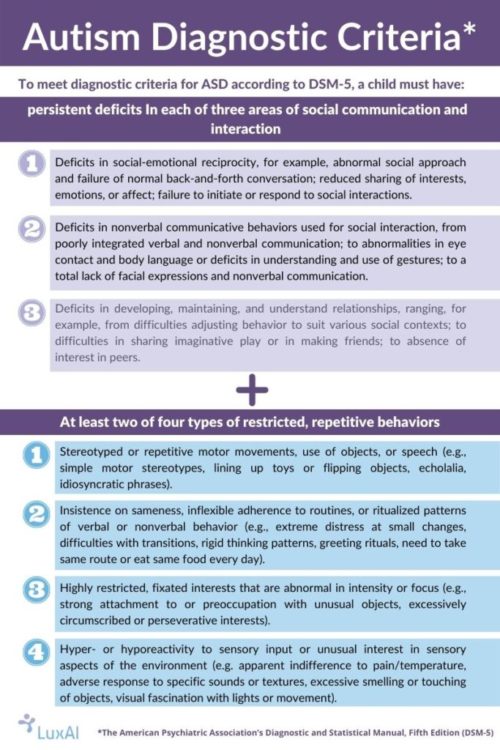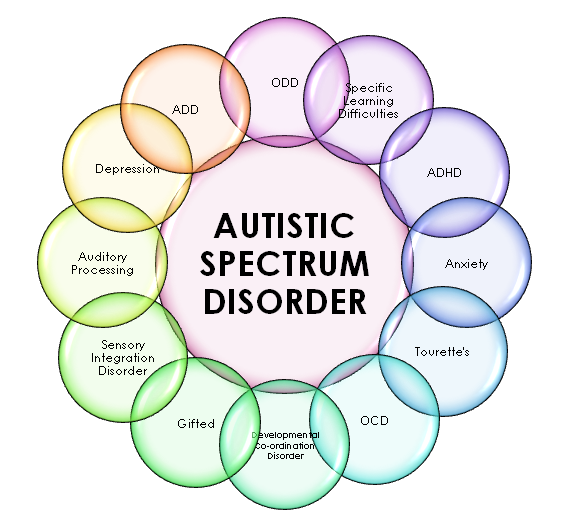Discover how parenting styles can significantly influence autism development in our latest insightful article. As we delve into the fascinating world of autism, we’ll breakdown the various parenting approaches, their impacts, and how they can alter the course of an autistic child’s progress. Whether you’re a parent, educator, or simply someone interested in understanding autism better, our comprehensive guide on ‘The Impact of Parenting Styles on Autism Development’ will provide you with valuable knowledge and understanding. So, join us as we explore this complex topic, uncovering vital insights and strategies to help foster a nurturing environment for children with autism.
Understanding Autism: The Influence of Various Parenting Styles

Understanding Autism and the influence of diverse parenting styles is pivotal in analyzing the development process in autistic children. Numerous studies have underscored the significant role that different parenting approaches play in shaping the behavioral patterns, social skills, and cognitive development of autistic children. This could range from authoritative, permissive to neglectful, and authoritarian styles. Each style has its unique impact, and understanding these influences can help in optimizing the developmental outcomes for children with autism. The aim is to foster a nurturing environment that supports growth, encourages independence, and helps manage the challenges associated with autism.
The Role of Parenting Styles in Shaping Autism Development
The role of parenting styles in shaping autism development is a crucial aspect to consider. Parents with children on the autism spectrum often employ various strategies to help them navigate the world. These strategies can greatly influence the child’s development and ability to cope with their condition. For instance, an authoritative parenting style – which balances responsiveness and demands – may promote better behavioral outcomes and social skills. Conversely, permissive or authoritarian styles might lead to increased behavioral issues. Understanding the impact of parenting styles on autism development is essential for parents to make informed decisions about how to best support their child’s growth and well-being.
Nurturing Autistic Children: How Parenting Styles Matter

Parenting styles significantly influence the development and well-being of children diagnosed with Autism Spectrum Disorder (ASD). The nurturing approach, in particular, is critical in managing autism. This approach emphasizes the importance of understanding and responding to the unique needs of autistic children, fostering emotional growth, and promoting social interaction skills. Research indicates that a nurturing parenting style can notably improve the child’s communication abilities and reduce behavioral challenges. It’s essential for parents to adopt a nurturing style, imbued with patience, empathy, and understanding, to support their autistic child’s overall development effectively. This can contribute significantly to their progress and quality of life.
Parenting Styles and Their Effects on the Development of Autism Spectrum Disorder
Parenting styles play a critical role in the development and management of Autism Spectrum Disorder (ASD). Different approaches can significantly impact the child’s social interaction, behavior, and overall development. Two primary parenting styles often discussed are the authoritative and permissive styles. Authoritative parenting, characterized by high responsiveness and high demands, can help children with ASD enhance their social skills and cognitive abilities. On the other hand, permissive parenting, marked by high responsiveness but low demands, may lead to behavioral issues. Understanding these impacts can guide parents in adopting the most beneficial approach for their child’s well-being and growth.
Autism Development: The Positive and Negative Impact of Different Parenting Styles.

The parenting style adopted can significantly influence Autism development, both positively and negatively. An authoritative approach, characterized by warmth, understanding, and firm guidance, can enhance social interaction and communication skills in children with Autism Spectrum Disorder (ASD). On the contrary, a permissive or neglectful parenting style may exacerbate ASD symptoms, leading to increased social withdrawal and behavior problems. It’s crucial to understand that these effects vary greatly, depending on the child’s individual characteristics and the severity of their ASD symptoms. Therefore, an individualized approach to parenting children with autism is often most beneficial.




